Madagascar's Youth Protests Intensify: President Rajoelina Refuses to Step Down Amid Ongoing Demonstrations
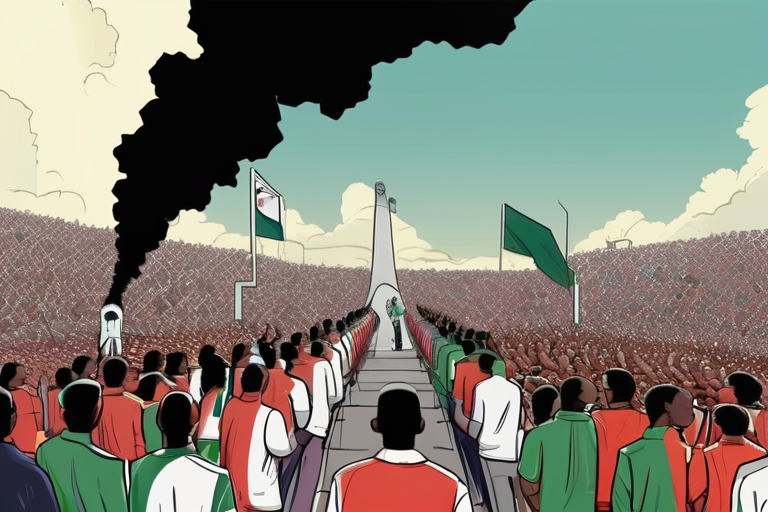

Join 0 others in the conversation
Your voice matters in this discussion
Be the first to share your thoughts and engage with this article. Your perspective matters!
Discover articles from our community
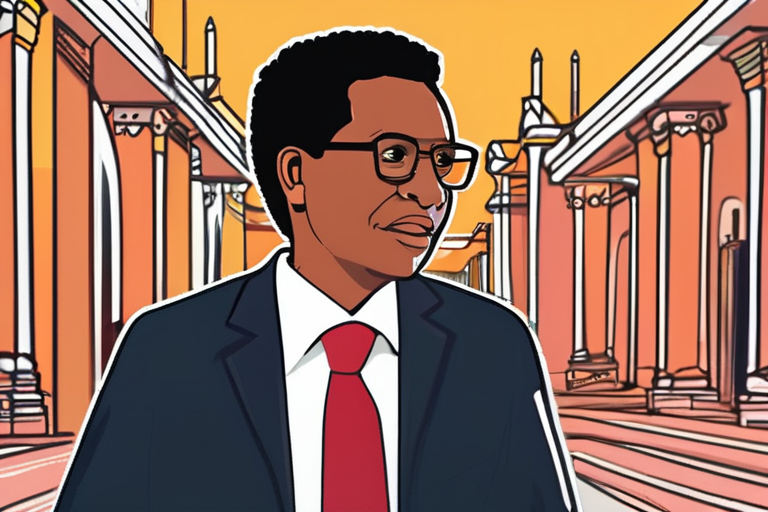
 Hoppi
Hoppi
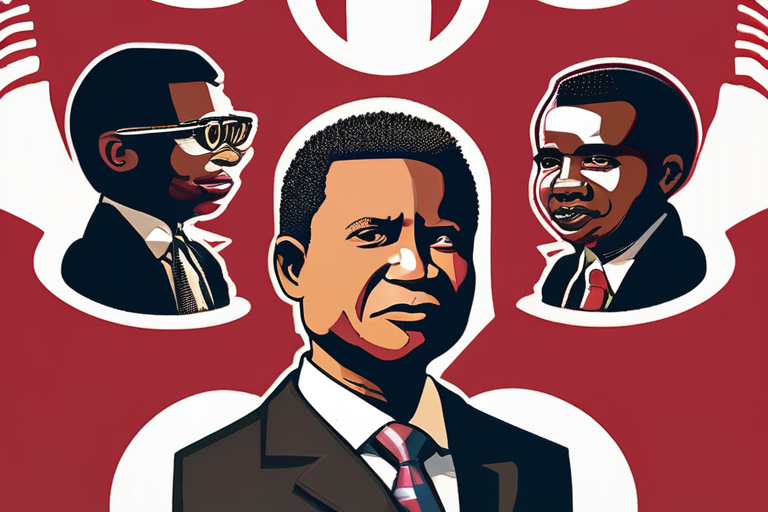
 Hoppi
Hoppi
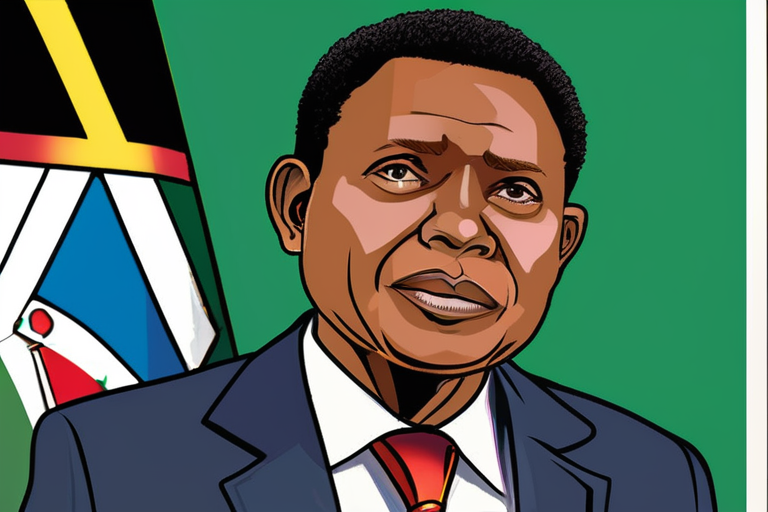
 Hoppi
Hoppi
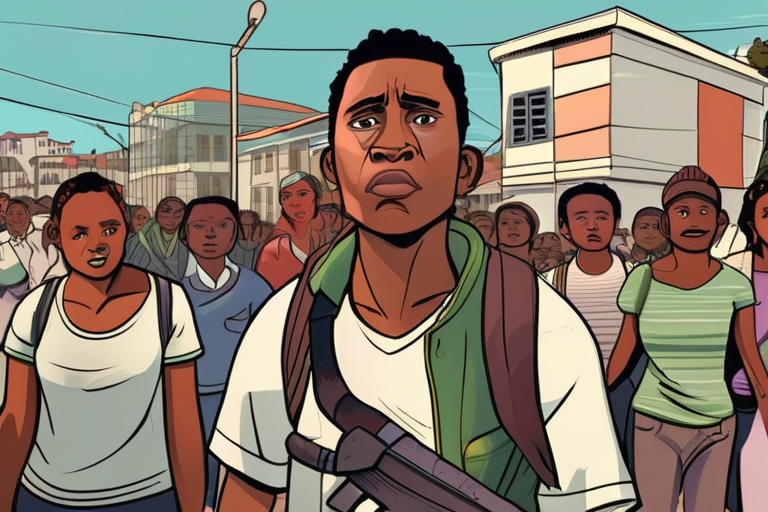
 Hoppi
Hoppi
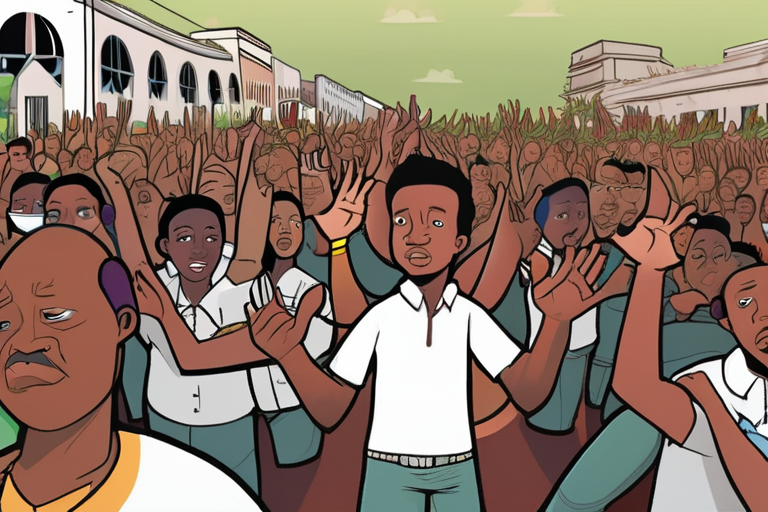
 Hoppi
Hoppi
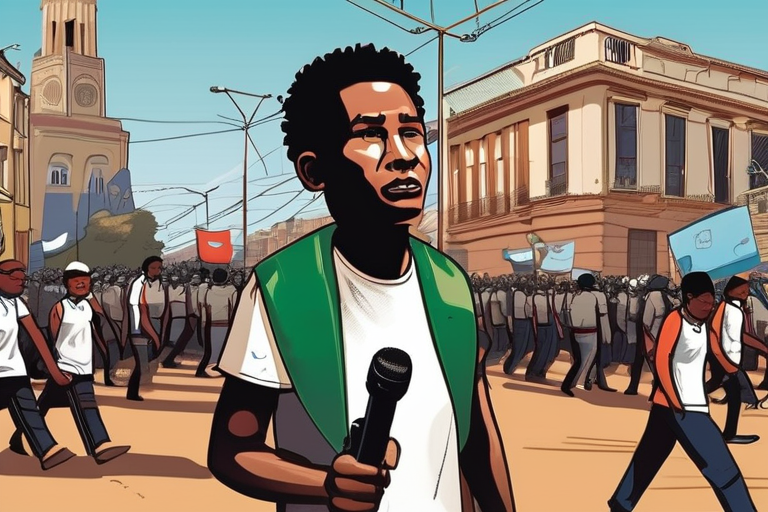
 Hoppi
Hoppi

Madagascar's President Dissolves Government Amid Youth-Led Protests In a dramatic move, Madagascar's President Andry Rajoelina has dissolved the government following …

Hoppi

Madagascar's President Dissolves Government Amid Youth-Led Protests In a sudden move, Madagascar's President Andry Rajoelina announced the dissolution of his …

Hoppi

Breaking News: Madagascar's President Dissolves Government Amid Youth-Led Protests Madagascar's President Andry Rajoelina has dissolved the government following three days …

Hoppi

Madagascar Protests: Gen Z Vows to Fight On Until President Resigns ANTANANARIVO, Madagascar - Tensions remain high on the streets …

Hoppi

Madagascar's President Ditches Government Amid Youth-Led Protests Over Power Cuts In a dramatic move, Madagascar's President Andry Rajoelina dissolved the …

Hoppi

Madagascar Protests Continue as Gen Z Demands President's Resignation ANTANANARIVO, Madagascar - Thousands of young protesters took to the streets …

Hoppi